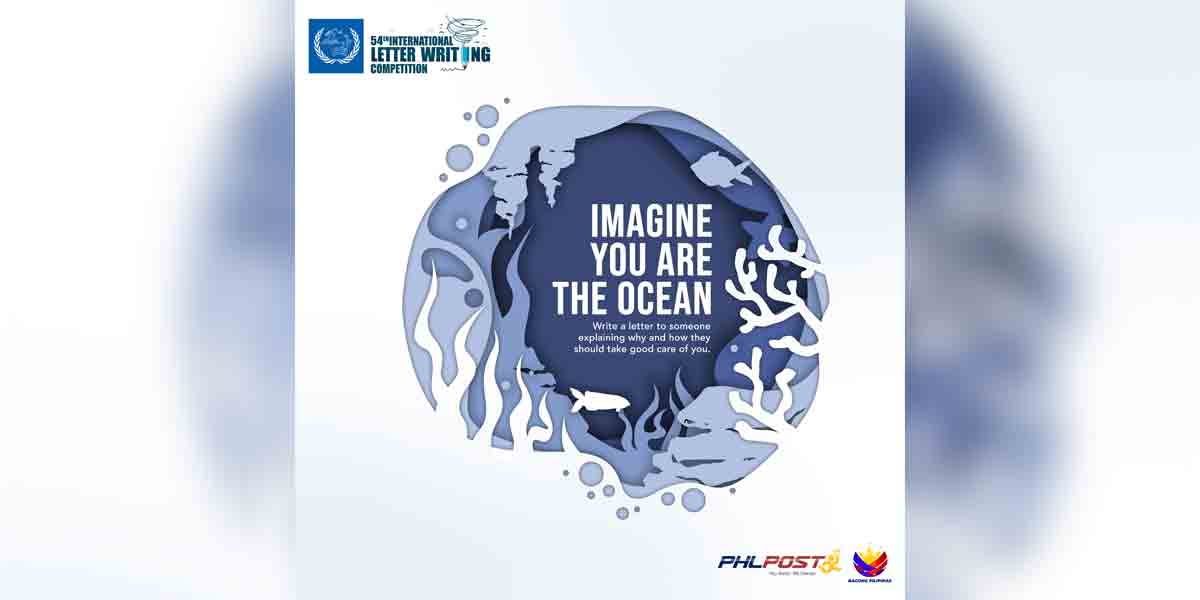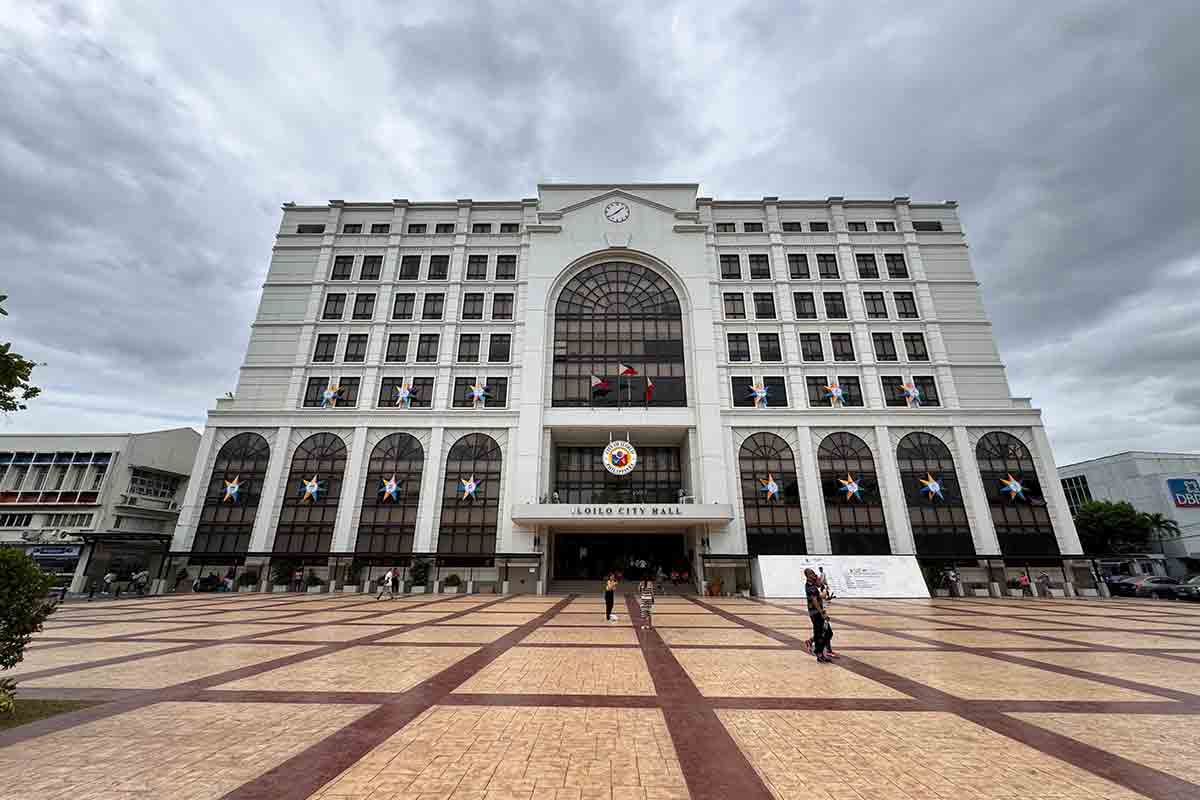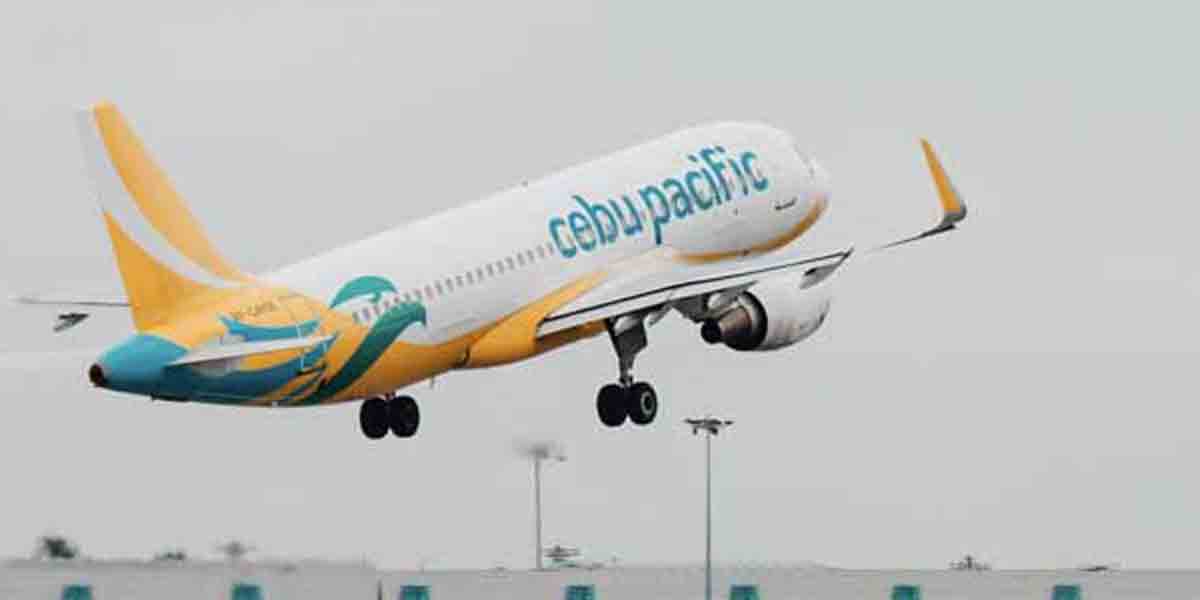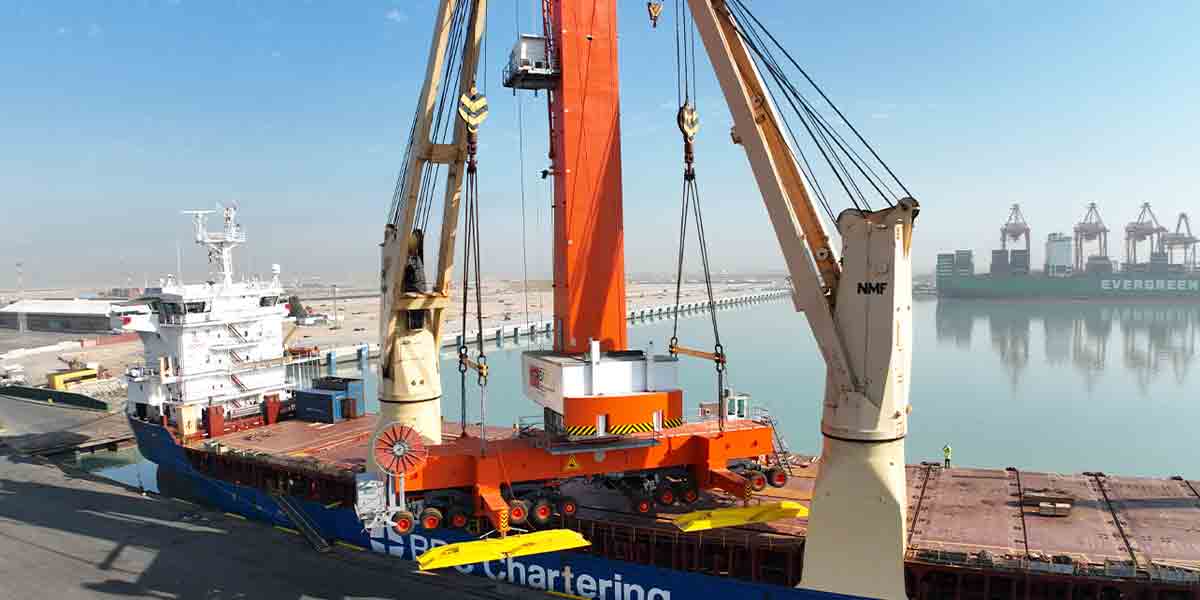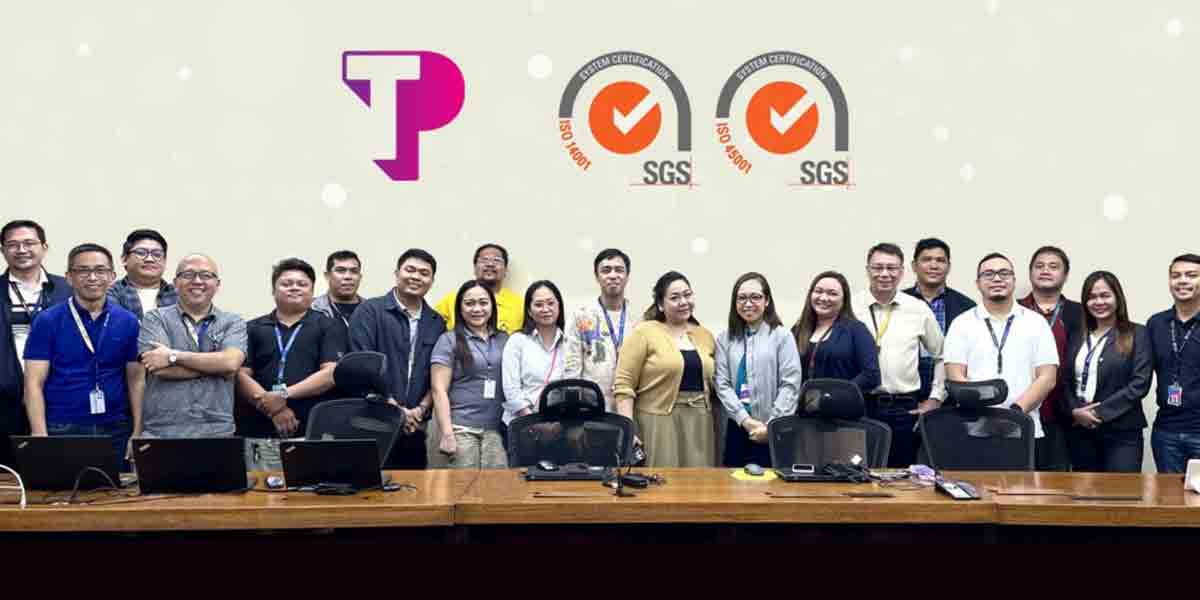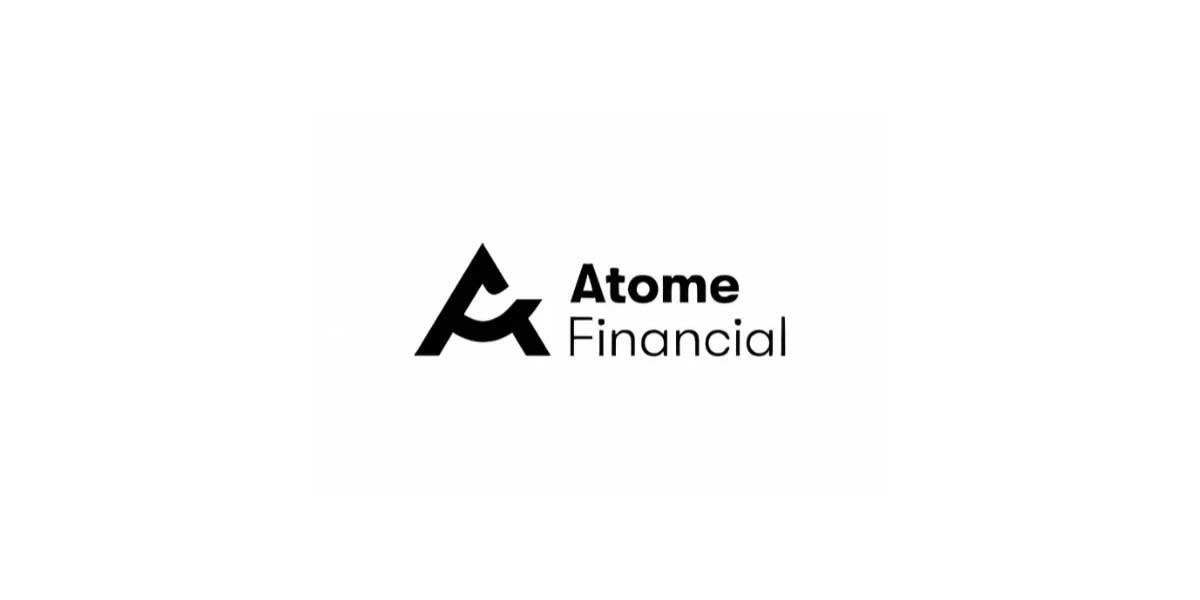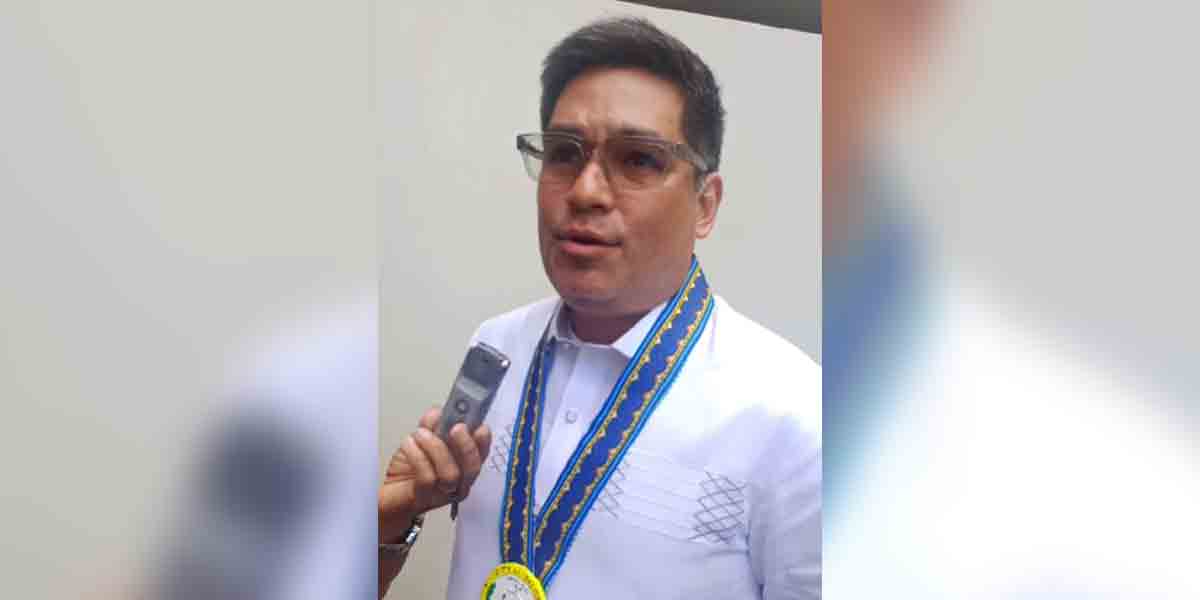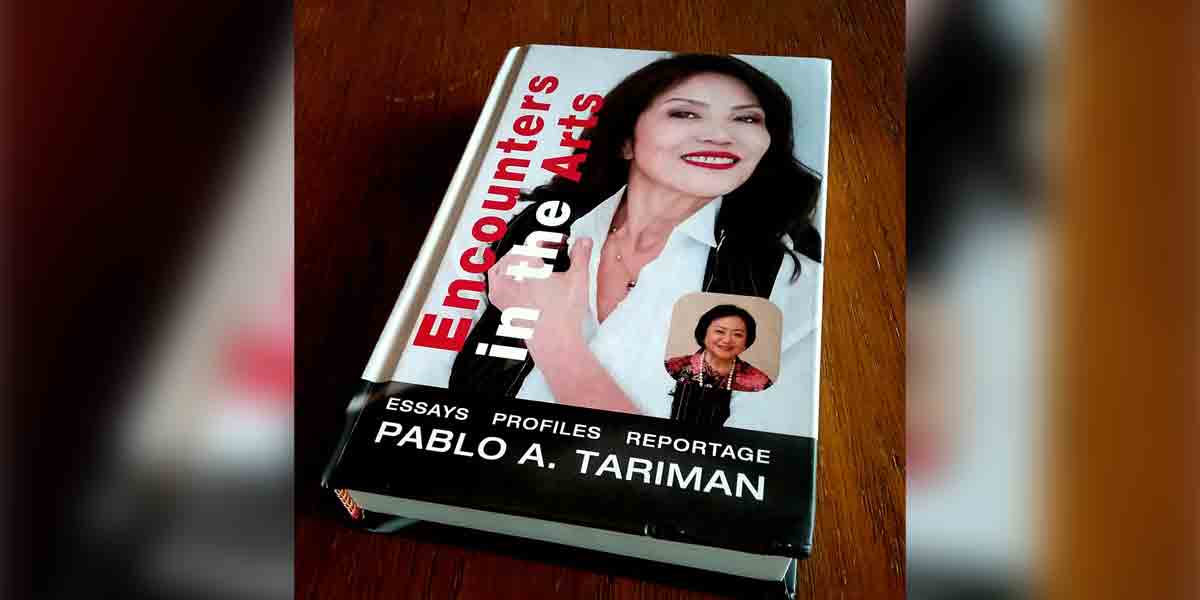
By Francis Allan L. Angelo
Iloilo City is eyeing to use electric vehicles (e-vehicles) to address the effects of rising oil prices in the world.
The staggering high prices of oil these days are taking toll on both public and private sectors in the city.
Early this week, Global Electric Transport (GET), the supplier of the first mass electric mobility service in the Philippines, paid a courtesy visit to Iloilo City Mayor Jerry P. Treñas together with MORE Power President Roel Castro.
The GET team led by its president, former Taguig Mayor Freddie Tinga aims to provide a possible alternative to the transport and commuting sectors who are reeling from unstable and increasing oil prices.
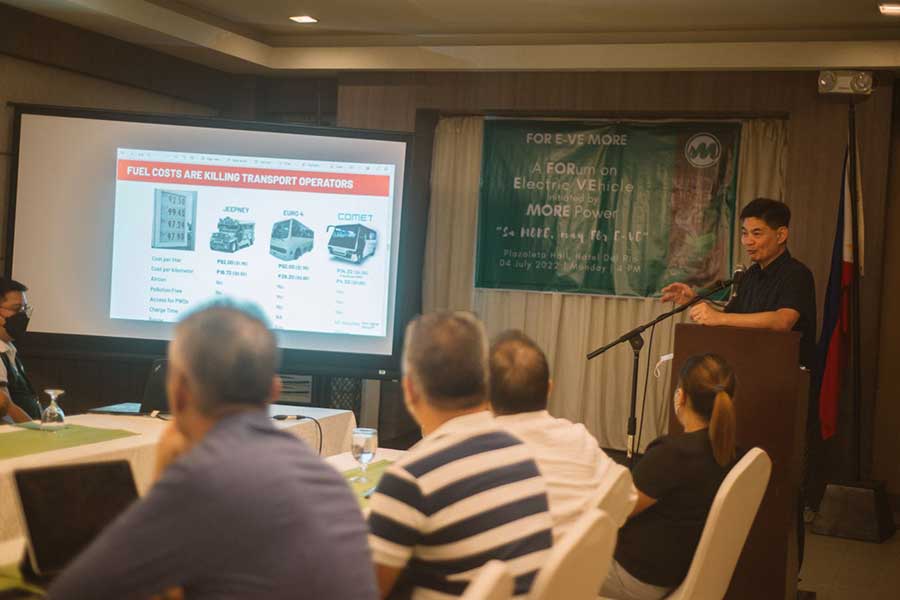
Electric vehicles are seen to deliver a life-changing public transport system that will pave the way for a more safe, affordable and fully green transport network considering that Iloilo City offers the lowest power rate in the country.
According to Tinga, operators and drivers would spend way less when using electricity compared to gasoline or diesel.
E-vehicles would also help the environment because of zero-carbon emission, making them healthier, cleaner, and safer alternative mode of transportation for commuters.
GET has more than 50 serviceable units of minibus operating in Manila, Cebu City and Davao City.
Tinga also met with the transport cooperatives for possible partnerships for the project.
MORE Power initiated a forum with leaders of transport cooperatives operating in the city as well as Councilors Sedfrey Cabaluna and Rommel Duron.
Also present in the forum was the Public Safety and Traffic Management head Jeck Conlu.
Even before GET’s visit to the city, a group from the Iloilo City government visited the firm’s headquarters in 2019 but the project was postponed because of the COVID-19 pandemic that disrupted the world in 2020.
They discussed the viability of the venture as one of the sustainable solutions designed for Iloilo City, which aligns with Mayor Jerry Trenas’ core vision for Iloilo City to build a better community for the Ilonggos not just through usual delivery of basic services but also focuses on certain initiatives that will fuel the city’s continuing progress.
GET’s intervention is a very timely one, as their complete transportation ecosystem puts together proprietary electric vehicle technology, an app-based management and payment platform, and an integrated business model which is ideal because it is low cost, low risk, but a very high impact project that addresses the dangers of climate change, generates responsible profit and transforms urban environments.

